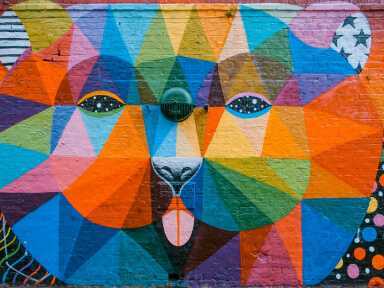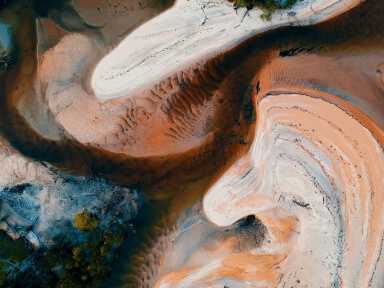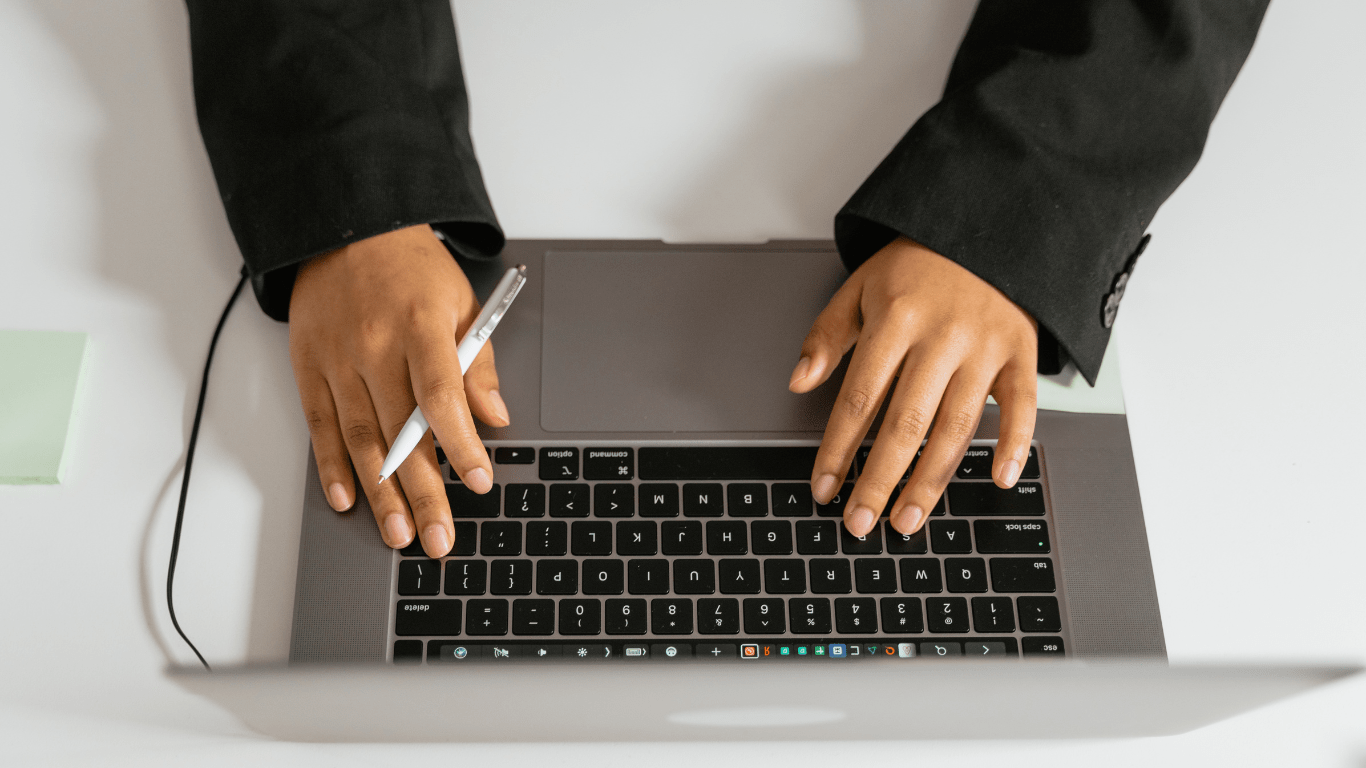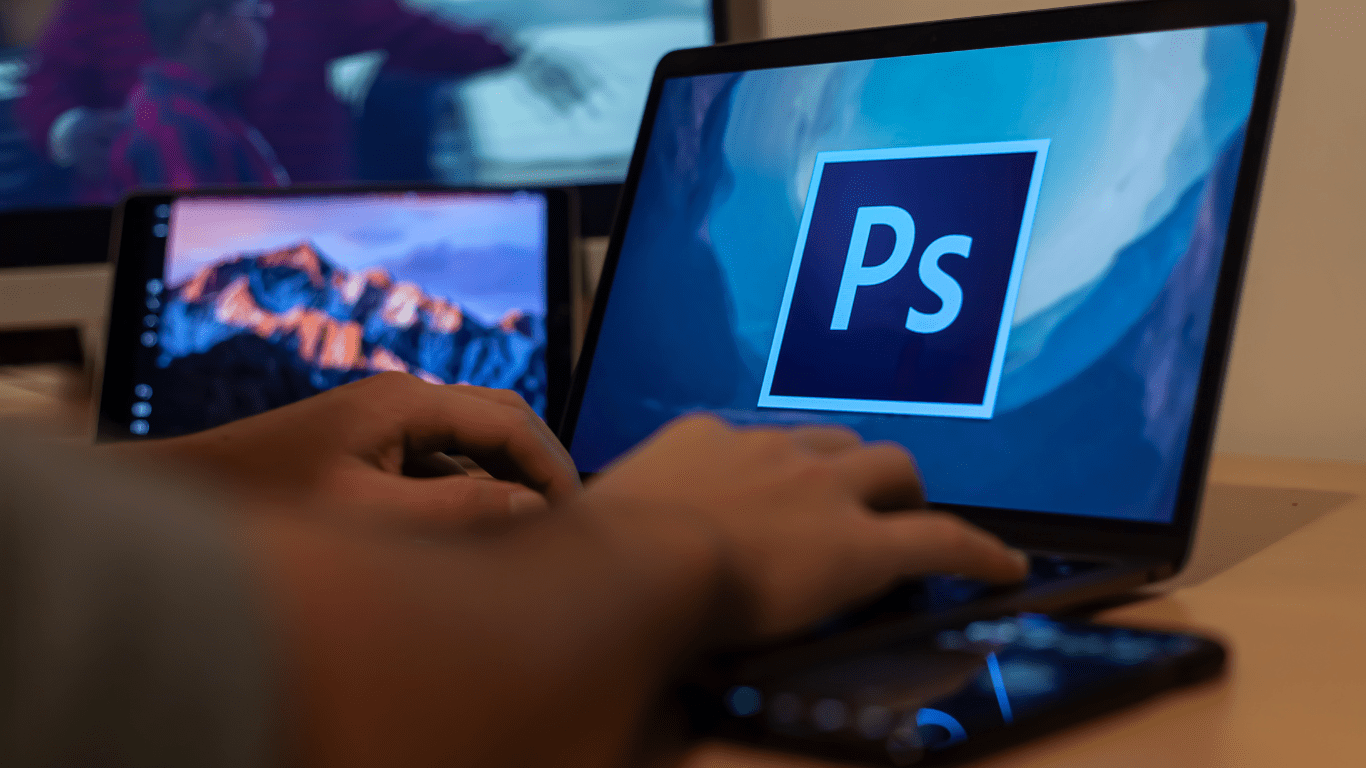Experimental Painting Workshops
Understanding Experimental Painting Workshops
What Are Experimental Painting Workshops?
Experimental painting workshops focus on diverging from traditional art techniques. These workshops encourage exploration of new materials and methods. Unlike conventional classes, participants can use everyday items—such as sponges, leaves, and even household objects—as tools for their creations. Instructors guide the experimentation process, facilitating a unique learning environment. Skill levels vary widely, from beginners to seasoned artists.
Alternative art forms have seen increased popularity in recent years. The rise can be attributed to the desire for self-expression beyond conventional boundaries. These forms often incorporate elements from mixed media, digital art, and performance. Experimental painting workshops cater to this demand, offering a platform for innovative artistic exploration. Artists find freedom in breaking norms, leading to more dynamic and inclusive art communities.
For more on this topic, check out our Master Digital Painting Techniques: A Beginner’s Ultimate Guide page.
Key Elements of Experimental Painting Workshops
Tempor ac tincidunt feugiat dignissim quis sed donec cursus ornare varius sed sagittis nibh.

Exploring Various Mediums and Materials
Experimental painting workshops emphasise the use of diverse mediums and materials, fostering artistic innovation. Participants can explore unusual items like fabric, glass, and metal. For instance, they may use sponges, brushes, leaves, and digital tools to create texture and layers. By integrating different materials, artists discover unique techniques that redefine traditional painting boundaries. Workshops often provide access to a wide array of supplies, encouraging attendees to experiment without limitations.

The Role of Creativity and Innovation
Creativity and innovation are central to experimental painting workshops. Attendees are urged to think outside the box, often pushing their artistic boundaries. These workshops create an environment where conventional rules are suspended, letting participants explore abstract and avant-garde concepts. As a result, they often produce unexpected, original artworks. Instructors guide participants through imaginative exercises, enhancing creative thinking and fostering a spirit of innovation.
Here you go! Please let me know if you need any adjustments or additional sections.
Benefits of Participating in Experimental Painting Workshops
Tempor ac tincidunt feugiat dignissim quis sed donec cursus ornare varius sed sagittis nibh.

Boosting Creativity and Mental Health
Engaging in experimental painting workshops boosts creativity by encouraging participants to think outside the box. These workshops use unconventional tools like digital resources and natural materials, pushing attendees to explore new ways of artistic expression. Experimental painting enhances mental health by reducing stress and promoting mindfulness. Creating art allows for emotional expression, providing a therapeutic outlet. Studies by the American Art Therapy Association indicate that art-making can improve psychological resilience and cognitive function.

Networking Opportunities with Fellow Artists
Experimental painting workshops offer valuable networking opportunities. Connecting with like-minded artists provides exposure to diverse techniques and perspectives. Such interactions foster collaboration, leading to potential future projects. Attendees can share their experiences and insights, enriching their own practices. Workshops also enable participants to build a supportive community, enhancing their artistic journey. Being part of a dynamic group of artists encourages continuous development and inspiration.
Challenges in Experimental Painting
Material Costs and Availability
Sourcing unique materials can pose difficulties. Experimental painting workshops often require non-traditional supplies like fabric, glass, or metal. These materials can be expensive and hard to find. Artists might need to order supplies from specialised retailers instead of local shops, increasing costs and wait times. For example, sourcing high-quality metal sheets from a specific vendor could take weeks, affecting the workshop timeline.
Managing Workshop Dynamics
Coordinating a diverse group of artists can be challenging. Participants often have varying skill levels, artistic styles, and experience with experimental techniques. Instructors need to balance giving individual attention while keeping the group engaged. Workshops can sometimes have uneven participation, with some members more vocal and others reluctant to share. To create a productive learning environment, facilitators must address these dynamics effectively through structured activities and open communication.